
We have a Q&A with author Tom Edinburgh from the University of Cambridge on his new GigaByte paper presenting Sepsis-3 criteria in AmsterdamUMCdb, which is one of the largest freely accessible Intensive Care database in Europe.

We have a Q&A with author Tom Edinburgh from the University of Cambridge on his new GigaByte paper presenting Sepsis-3 criteria in AmsterdamUMCdb, which is one of the largest freely accessible Intensive Care database in Europe.

tl;dr: Evidence suggests that the prestige signal in our current journals is noisy, expensive and flags unreliable science. There is a lack of evidence that the supposed filter function of prestigious journals is not just a biased random selection of already self-selected input material.

We are pleased to see the 2022 Junior Research Parasite Award go to Jack Pilgrim for his work published last year in GigaScience, so here we highlight the ecosystem of awards acknowledging different parts of the research cycle. Jokingly spurred by a controversial medical editorial calling people carrying out data re-use and meta-analyses “research parasites”, this gave rise to the launch of the “Research Parasite Awards” focused on
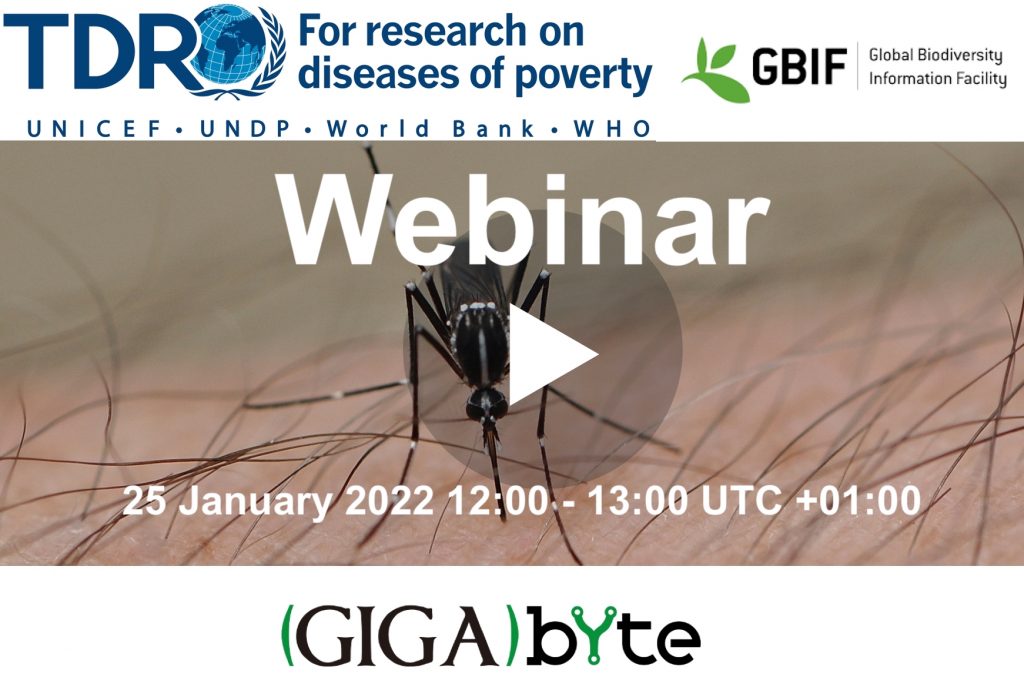
UPDATE: GigaByte and GBIF webinar video added below.
Sometimes, only small changes are required for potentially huge downstream effects.
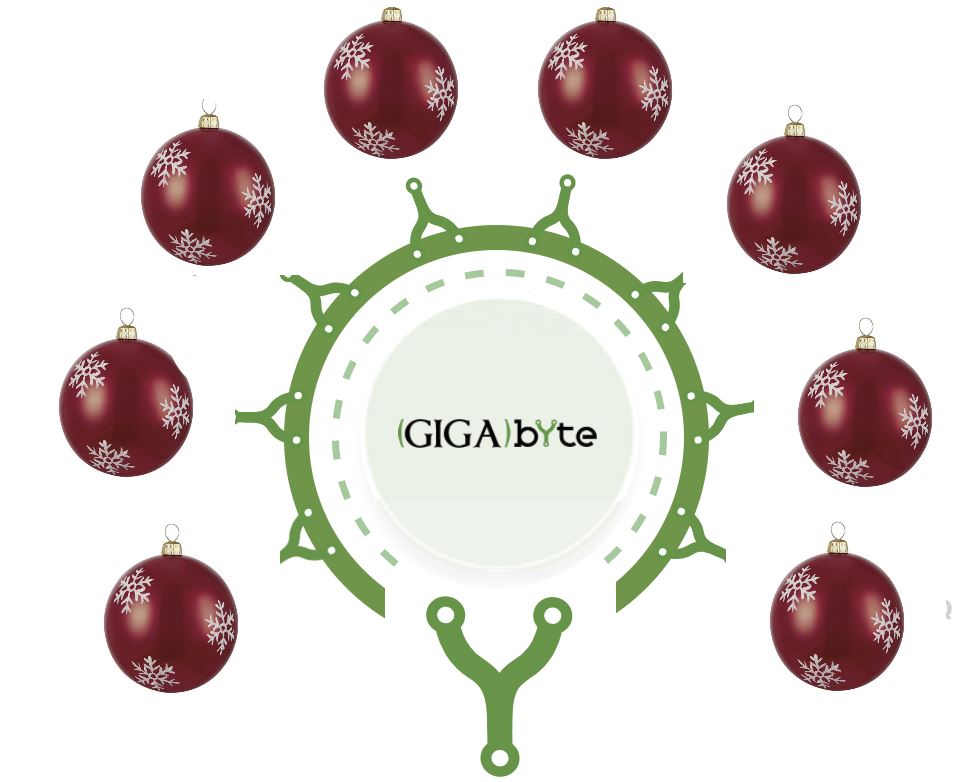
This end-of-the-year festive summary is different from previous ones: For the first time, we can look back at a full publication year of our new baby, GigaByte journal. The older sibling GigaScience will also get the attention it deserves, before celebrating its 10th birthday in 2022. Let’s first have a look at how the new family member is doing.

Last week’s podium on the commodification of open science entitled “If you are not paying for the product, you are the product?” was surprisingly unanimous on the need to radically modernize academic publishing and abolish the current publishing system relying mainly on corporate publishers with monopoly status.
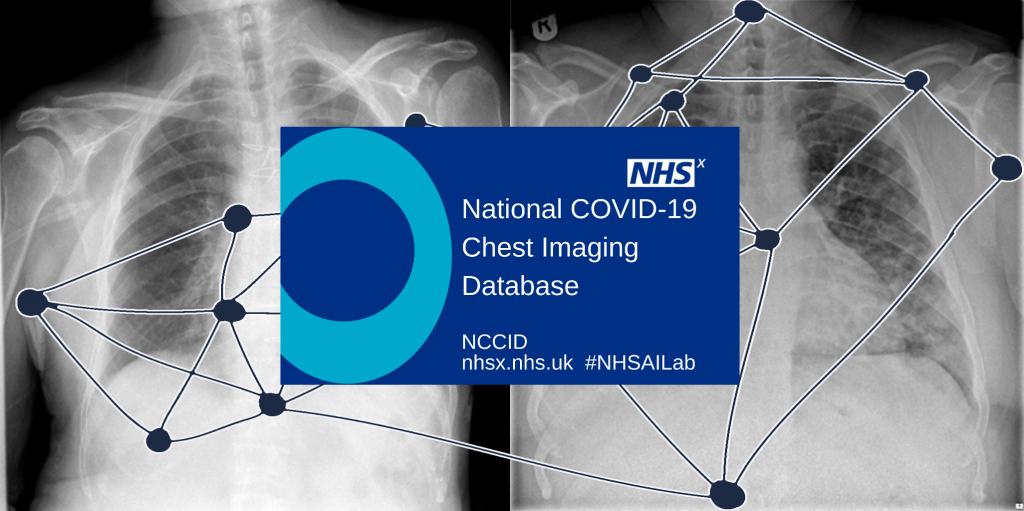
Published today in GigaScience is a Data Note describing the National COVID-19 Chest Imaging Database (NCCID), a centralised database containing chest X-rays, Computed Tomography (CT) and MRI scans from patients across the UK. Utilising the UK National Health Service’s unique position as the world’s single largest integrated healthcare system, the benefits of collecting chest imaging data this large are extensive and already being used
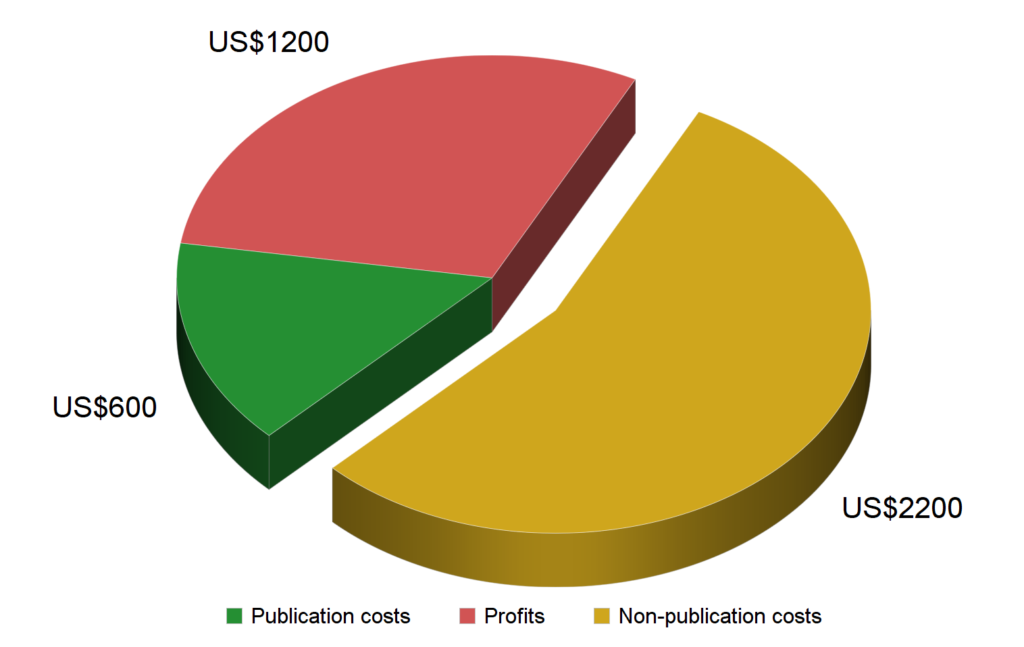
The debate over how publishers use the large “non-publication costs” (Fig. 1) that they incur and academic libraries, mainly, are funding has been going on for some time now. Above and beyond the cost items we discuss in our paper on publication costs, it has been established that investments in surveillance technology are also part of the publisher spending academic libraries are financing.
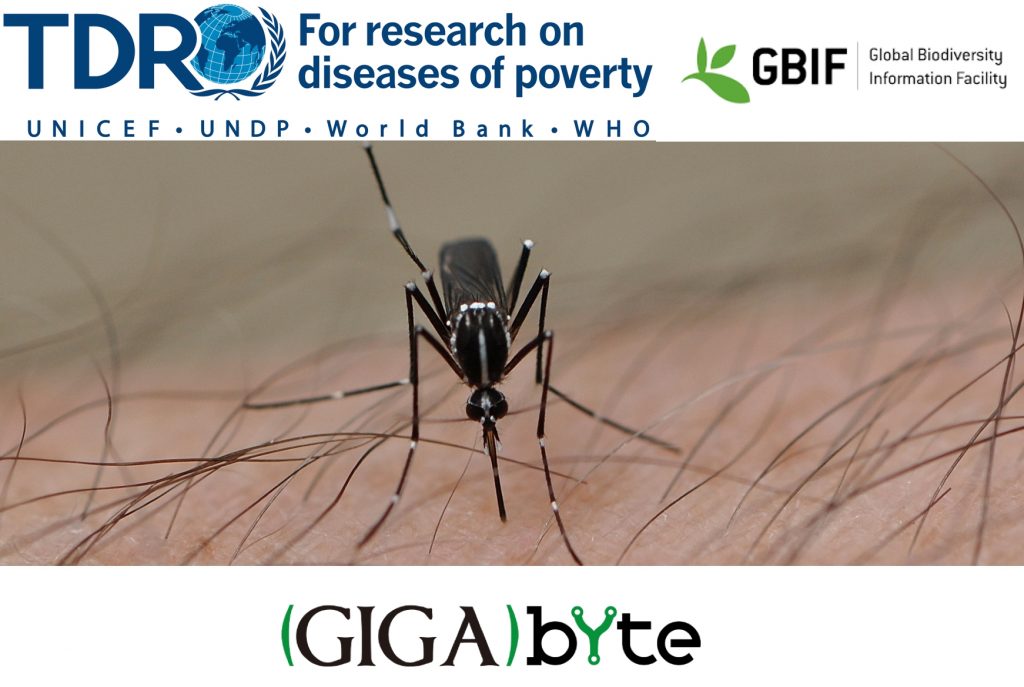
UPDATE: Deadline extended until 30 March 2022 or until maximum of 15 accepted manuscripts is reached—only a few slots remain! GigaScience Press partnering with GBIF are supported by TDR, the Special Programme for Research and Training in Tropical Diseases, hosted at the World Health Organization, to release a special issue for publication of new datasets presenting biodiversity data for research on vectors of human diseases.